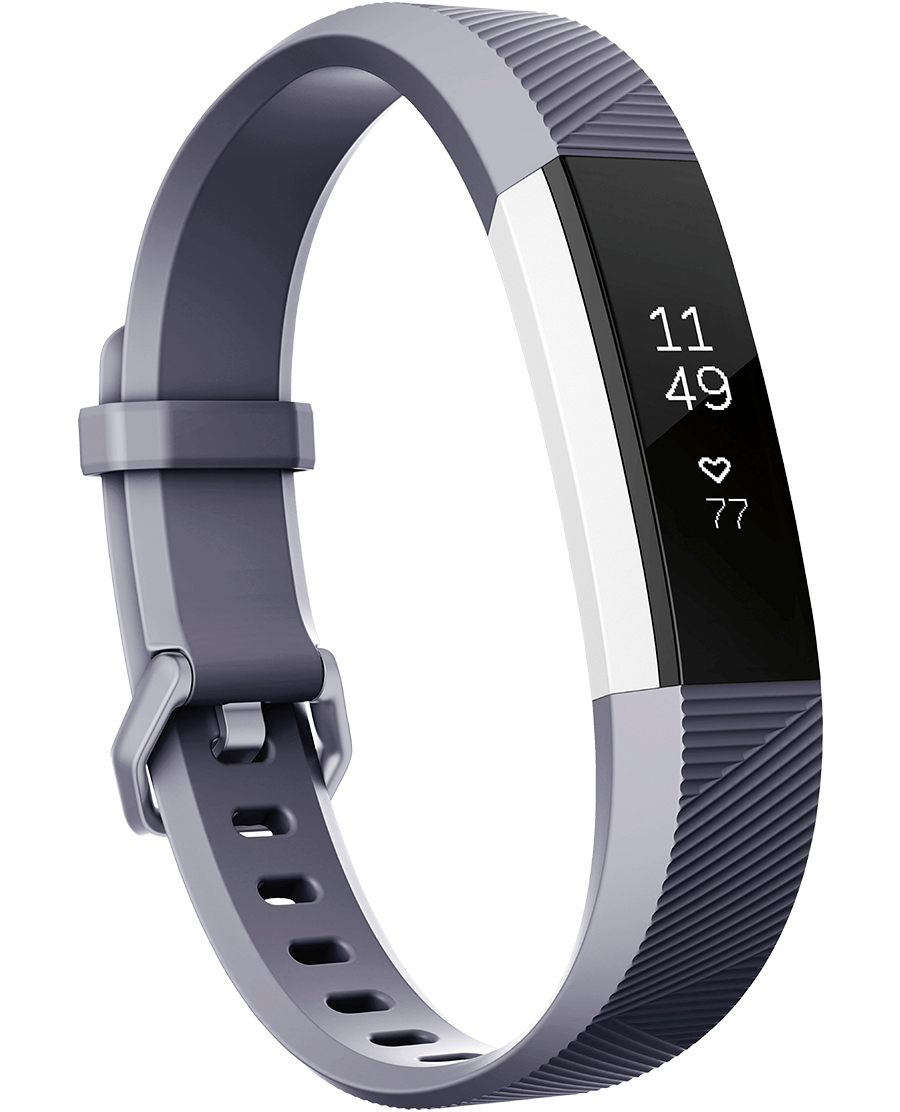Implications for data
The public's main worry is the possibility of Google using this newfound pool of data in dubious ways, such as the promotion of products and services based on fitness levels or activities.
This is a possible outcome, much like it is for Apple - and there's no company better placed to do this than Google. But as Google has learned hard lessons on the improper use of customer data, it is unlikely it will be undertaking any such activities without first receiving express permission from users, or without the existence of tangible benefits to them.
Google will inherit a vast amount of data thanks to the acquisition, and it will accumulate even more. It’s likely that Google will bring health and wellbeing products and services to the market. There is a real opportunity to deliver life-changing health and wellbeing advice and support through a connected, machine learning-driven service. What this means is developing decision-driven capabilities that inform our eating, sleeping, exercising and working patterns; going far beyond the ’You need to do more steps’ or ’You need to get off your seat’ motivations of the current technology.
Google’s DeepMind division could bring genuine life-saving capabilities to fruition by tying in Fitbit, Voice and visual information. With Google’s Pixel 4 smartphone now using facial recognition and users increasingly engaging with Google Assistant, tech can now predict strokes, mania, depression and other physical and psychological issues. Tying this capability together with users’ fitness levels, blood pressure and heart can bring an offering to market that could change lives.

